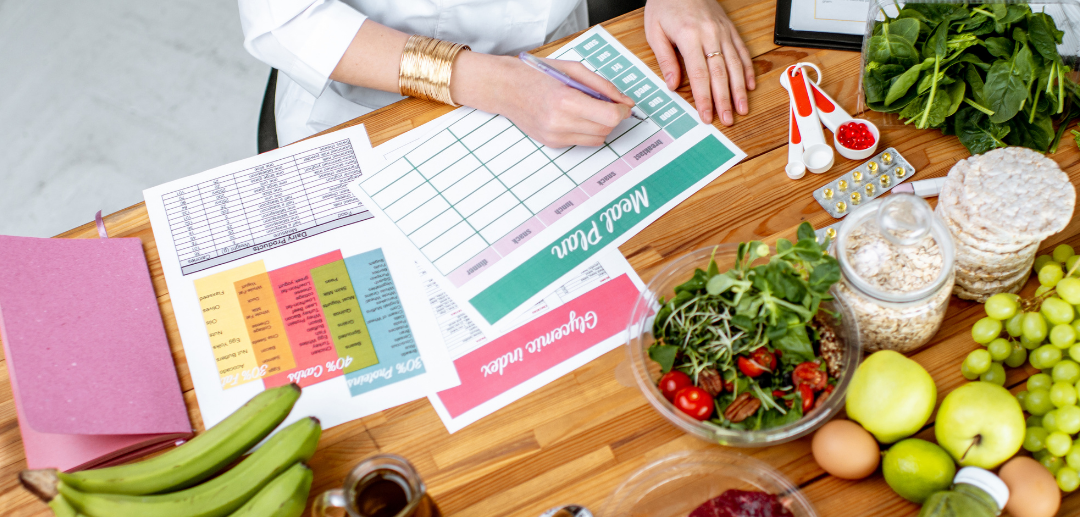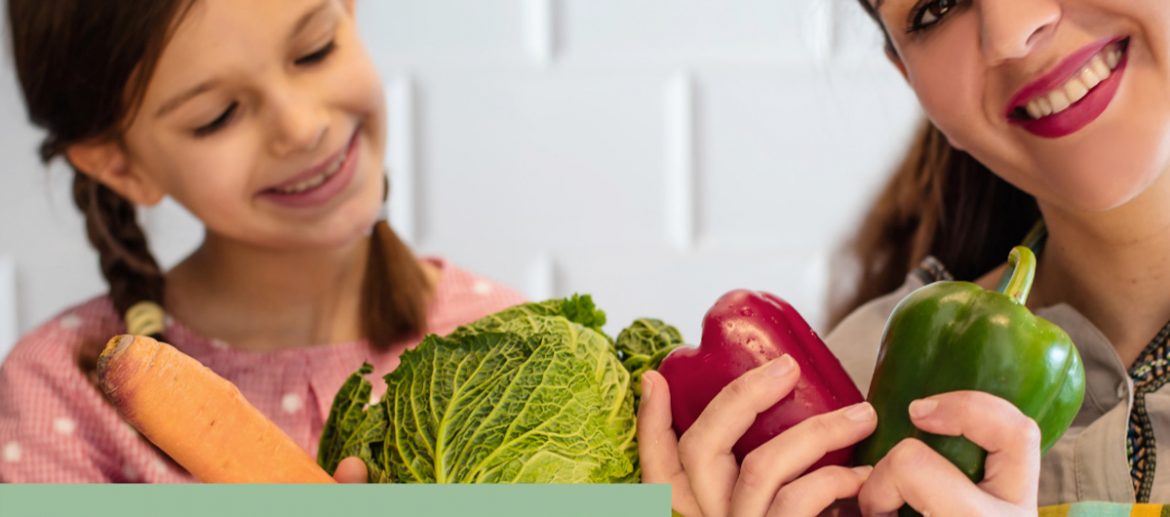When you eat good fresh food, including plenty of fruit and vegetables, you will be doing your body a big favour. A sensible diet helps to keep cholesterol down and your blood sugar levels stable. Also, it reduces the risk of diabetes and cancer.
Health experts regularly warn about the dangers of eating too many processed foods. Of course, we are all aware of the prevalence of obesity. Let’s just look at the figures. The Health Survey for England 2016 estimated that 26.2% of adults are obese. NHS Direct reports that more than 10,000 hospital admissions are related to obesity.
While obesity is generally the result of eating too much unhealthy food, there are other factors.
- They include genetic influences – if your parents are both overweight
- Slow metabolism or hormonal imbalances
- Stress also plays a part as food can become a coping mechanism
Salad or apple pie
First, let’s look at the unhealthy foods. Obviously, fast foods and takeaways and anything containing high levels of fat and sugar. A big issue is where people ‘think’ they are eating something that’s healthy. Take this as an example, a salad from a certain fast-food outlet has more calories than a piece of apple pie. How can that be? Well, the answer is that all those nourishing vegetables have been coated in dressing loaded with sugar.
And there are plenty more examples of ‘hidden’ calories. It’s a good idea to check labels for sugar content, especially those that are low fat. When you remove the fat, which accounts for much of the flavour, you must replace it with something else, this is usually more sugar.
Healthy eating doesn’t have to mean a drastic change, just a few alterations can make all the difference.
Use Smaller plates
Most dinner plates are around 12” in diameter. Try using one that is between 7” and 9” instead. You can still fill it, but you will be eating less.
Obviously, you need to be careful about what you put on these smaller plates. Include more of our body’s good friends – fruit and vegetables are key to good health; these contain fibre, and we need fibre to get rid of unhealthy cholesterol. As an example, when cooking a Shepherd’s pie, simply add more vegetables to the meat, you have other options to exchange potatoes for sweet potatoes or if you like beans, you can always mash these up and make them nice and creamy to replace the potatoes.
Other healthier options include more natural salt, such as Himalayan and replacing cream with natural yogurt.
Fish is good for you
As a naturopathic nutritionist I often extol the virtues of oily fish as part of a healthy eating regime. Salmon, tuna, and trout are good examples. Try and incorporate them into your diet at least once a week.
There are those who really don’t like fish and If it is a big no, no for you, then a substitute like Native Nutrient fish oil, which is mercury-free and a good option.
Good carbs, bad carbs
The body needs carbs and it’s important to pick the good ones and avoid the bad ones. Good carbs include:
- Brown rice
- Grains, and legumes.
These foods still have much of their nutritional value still intact. The bad carbs are the processed ones that have been nutritionally altered, including the removal of fibre. These are your typical:
- Fruit drinks
- White rice
- White bread
- Cakes, and pastries.
They tend to have an insulin-negative effect on the body. Eat them in moderation. Processed food carries a lot of sugar and salt which has a negative effect on our body’s health. Sugary foods provide you with a boost of energy and what goes up must come down, just as fast as it goes up, which is why you may feel foggy brain, and lethargic when you eat these foods.
A vast majority of people do not drink enough water, which is required to get rid of waste, and if your body is having a high intake of salt, this can also disrupt the balance of sodium and increases the amount of calcium excreted in the urine, potentially contributing to diseases like osteoporosis, high blood pressure and strokes.
Satisfying the cravings
From time to time, we all get cravings, usually for something sweet. We want to comfort or reward ourselves, and there is nothing wrong with having the occasional, sweet thing. If cravings occur regularly, chromium is good little helper. It is the main constituent of glucose tolerance and helps deliver sugar to the cells. I recommend at least 100-200 mcg twice a day, at the times when cravings are strongest.
Don’t forget to exercise
Yes, it makes sense to supplement healthy eating with regular exercise. If you’re not a gym-goer, quite a few of the parks now have exercise equipment. They’re free to use. The bonus is the fresh air, which is great for de-stressing and clearing your head. Dad’s may want to wait until Monday in case there are treats (no doubt unhealthy) in store for Father’s Day.
If you have enjoyed this article and would like to read more of my healthy eating advice, please subscribe to my regular newsletter using the button below.











